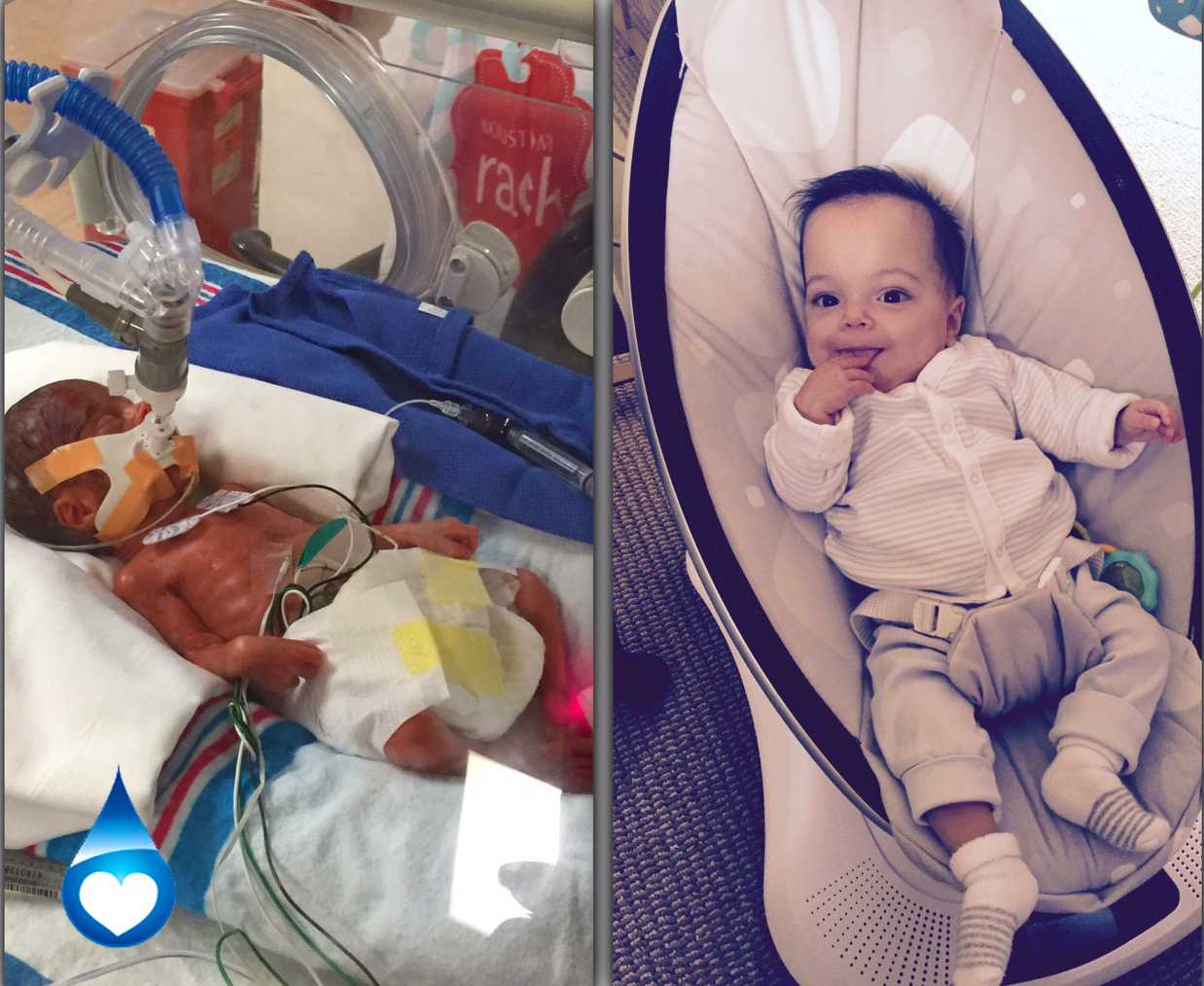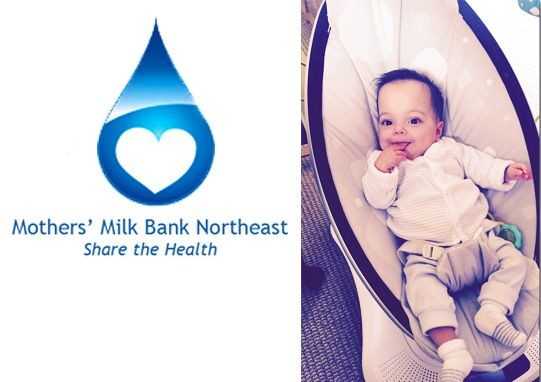1. What is your mission?
Mothers’ Milk Bank Northeast, a nonprofit community milk bank accredited by the Human Milk Banking Association of North America (HMBANA), provides donated, pasteurized human milk to babies in fragile health throughout the Northeastern United States.
As a premier, regional milk bank, Mothers’ Milk Bank Northeast employs a staff of 12 that provides reliable, trusted service to hospitals; compassionate, efficient support to recipient families; and friendly, expert screening to milk donors.
2. What is the story behind your milk bank, when did you launch and why did you decide to open in your community?
The first milk bank in the US opened at the Boston Floating Hospital for Children in 1910. Since then, there have been a number of milk banks in hospitals throughout the region. The most recent of those was located in Worcester, MA from 1975-2000. MMBNE began in 2006, and by 2011, we had become a fully functioning, free standing, certified HMBANA milk bank.
Each of the founders of the milk bank has her or his own story of why they became involved, often involving giving their milk to others in need. A milk bank is an opportunity to give back to the community and to promote breastfeeding and the value of human milk, an important value for all of us involved in MMBNE’s founding.
When we started, the nearest milk bank was in Columbus, Ohio. Medical and scientific research, and national and global breastfeeding advocacy were raising recognition of the power and value of human milk, as well as the need for donor milk for fragile premature babies. We opened as a regional milk bank, serving New England and the Northeast region.
Our mission includes educating the medical, parenting and general communities about the importance of human milk and breastfeeding for the health of our most vulnerable citizens, and for society as a whole. Over the last 6 years, we have grown to serve over 80 hospitals in 13 states, plus Washington, DC.
3. How many moms have you impacted in your community?
We impact thousands of women, so an exact measure is not possible. Over 4,000 mothers have generously donated their milk, sometimes two or three times over as their families have grown.
Over 100 of them have been bereaved mothers. Some mothers have collected milk for their preterm babies who then did not survive. Some mothers pump milk after the deaths of their full-term babies. Bereaved families often describe the power and comfort that milk donation brings them after such a devastating loss. We are honored to be able to play such a comforting role.
We have served over 1,000 outpatient families who need milk at home, often a few bottles of “bridge milk” to support mothers bringing in their own milk supply.
We send milk to over 80 hospitals, NICUs and full-term nurseries. We do not know how many babies are treated or for how long. For a very small baby a teaspoon of milk is a full feed.
4. Baby Anthony's Story
Anthony is a baby who received milk from MMBNE. His mother shared this story with Cynthia Cohen, our Director of Client Relations:
"Anthony was born at 24 weeks and was a twin, but we lost his twin six days after birth. Anthony had a very tough start to life. He had multiple surgeries, one of which was for NEC, necrotizing enterocolitis, which is inflammation and infection of the small intestine. This infection is common in premature babies since they cannot digest and break down milk proteins. Anthony is not able to have anything other than human breast milk. We found this out after five long, stressful months; even the best formulas that work for other babies didn’t work for Anthony. I have been pumping since he was born but wasn’t producing enough, which led me to Mothers’ Milk Bank Northeast.

Cynthia and Mothers’ Milk Bank Northeast have been so helpful. I could not have come this far without them. Anthony’s good health progress is attributed to pasteurized human breast milk. My anxiety has subsided since I know that Anthony is getting the best possible source of nutrition. Thank you to all the mothers who donate human breast milk. You are truly making a difference, one tummy at a time!"
5. In summary, please describe your donor process and links for moms to follow.
Our donor screening begins with a phone call or email from a mother who wants to donate her milk. We conduct a 10-15 minute phone screen with basic health questions and an opportunity for donors to ask any questions they have.
Once the screen is successfully completed, we send a donor packet. This includes information about milk donation and consent and health forms to return to us. This can be completed securely online, by email or by mail.
The last step is a blood test, at our expense. When we receive blood test results, Mom becomes an official donor. She can drop her milk at our milk bank in Newton, MA, at one of our 15 donor milk depots, or ship it to us through FedEx overnight delivery. We will send shipment boxes with a shipping label.
We are very grateful to our donors for the time and milk that they give to us. All shipping and testing are at MMBNE’s expense.
We ask for a commitment to donate 150 ounces of milk over the time period that a mother is donating. This minimum is waived for bereaved mothers. They must complete the screening, but we will gratefully accept any amount of milk they send us.
We have three donor intake coordinators who help our donors through the screening and donation process, all of whom are international board certified lactation consultants (IBCLCs), trained to counsel mothers through the breastfeeding and milk donation process.
6. How can moms can get in touch with your Milk Bank?
Our newly redesigned website is a great source of information. Mothers can reach us there at www.milkbankne.org.
Moms interested in donating milk should review our donate section online in order to learn more about the process and eligibility. They should then call our donor intake coordinators at (617) 527-6263, ext. 3 to start the process.
For other types of information, please email or call 617-527-6263.


